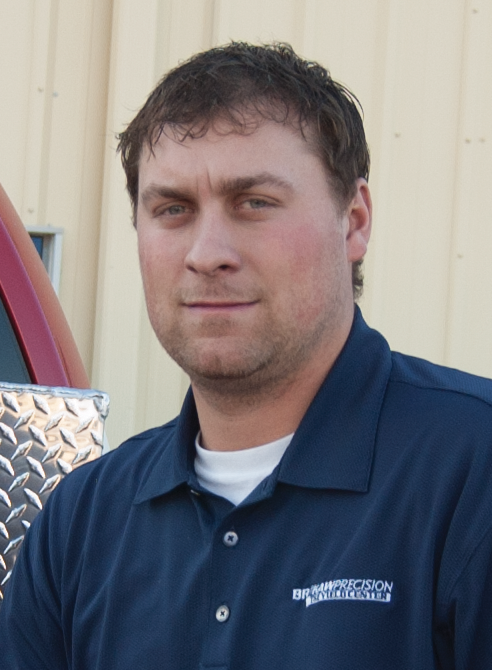One of the annual challenges for me and other precision farming managers is planning and budgeting for the upcoming year. Looking back on 2014 and what worked and what needed changing, I found that our dealership had an incredible response to the service agreements we implemented last year.
We heard through the grapevine about what other dealers have implemented and how they are pricing and packaging service programs. But what dealers forget is that every one of us is different when it comes to staffing, sales, support and equipment options.
I have been very fortunate that our dealership touches many different customers, even though we are a niche company. This diversity allowed us to launch our service agreement program in targeted areas and not company-wide.
Our theory is that we can tailor our service agreements to suit the needs of our customers and also not overburden our precision personnel. As every dealer knows, there are two times each year we can’t be overstaffed.
The spring and fall usually take their toll on specialists who are working endless hours to keep systems and machines running.
By offering our service agreements, we’ve been able to cut back extended hours for farm customers and help prioritize our service calls. This gives our dedicated customers the peace of mind that they are going to be at the top of the service list and not pushed off until the next day. We recognize that they are paying for priority.
At the same time, we feel our customers show us they are dedicated business partners. It’s a two-way street to make it work. Initially, it was a challenge organizing and tracking the service agreements, but it has now become a selling point for my precision technicians out in the field.
Once customers realized they could increase response time from our specialists with a phone call through the service agreement, and receive service on their schedule, we saw a large number of late-season enrollments, or previous customers sign-up for the new precision service program.
We decided as a company, we should see how the service agreements would go over with customers purchasing new equipment. So we included them as part of the sale price for certain equipment lines, including sales of new and used sprayers.
Many farmers purchasing a sprayer are experiencing a lot of new technology for the first time and the most stressful side can be sitting in front of an unfamiliar system.
We created a package that had the technicians in the field inspecting the sprayer before the customer started it, making sure all software and hardware was updated and functioning. We all know customers who have been ready to get into the field and they can’t go because a valve wouldn’t turn on or the GPS wouldn’t register.
The second part of our service package is an in-field start-up, riding with the customer, fine tuning their precision system to their liking and educating them on features and functions they were unaware of. This opens the door to talk about how we can help incorporate precision technology into other areas of their farm, which can lead to a possible follow-up sale or upgrade.
It’s a simple package, but it has made for a much more enjoyable first time experience for the end user and helped portray a more professional image of the company and manufacturers.
After receiving feedback from our salespeople, customers and other employees, we are moving forward with incorporating service agreements on the rest of the equipment we sell — and possibly going beyond just precision farming service.
Putting together a precision service program isn’t an easy undertaking, nor one to be developed without careful thought and defined goals. But as we’ve learned, especially during the past year, there is an opportunity to incorporate service inspections and discounted parts during certain time periods.
This helps the rest of the business grow and generate revenue, especially during stretches of slower farm equipment sales and falling commodity prices.



![[Technology Corner] Helping Your Customers Determine Which Technology is Right for Them](https://www.precisionfarmingdealer.com/ext/resources/2025/03/26/Helping-Your-Customers-Determine-Which-Technology-is-Right-for-Them.png?height=290&t=1743084621&width=400)


